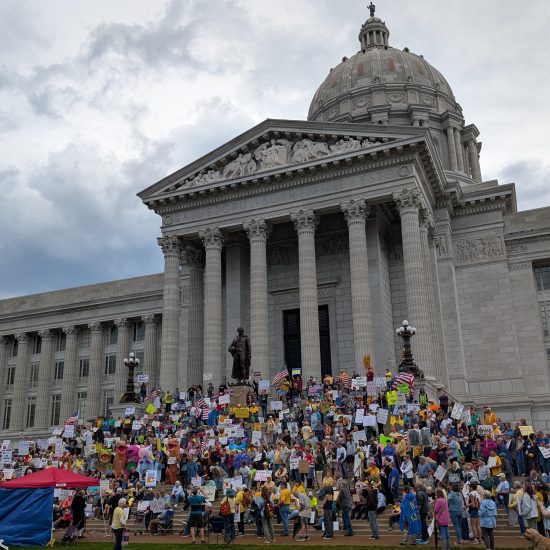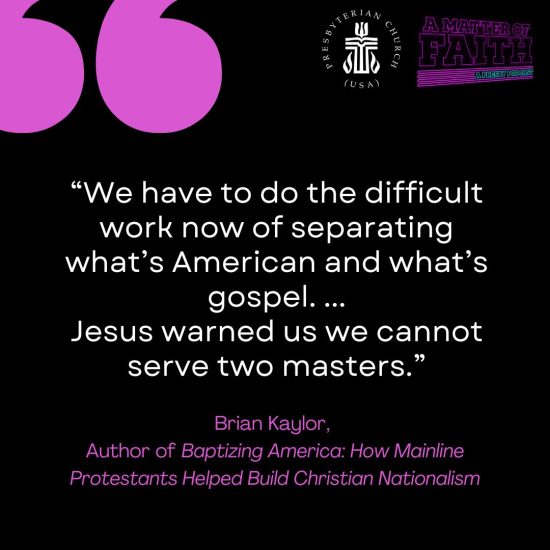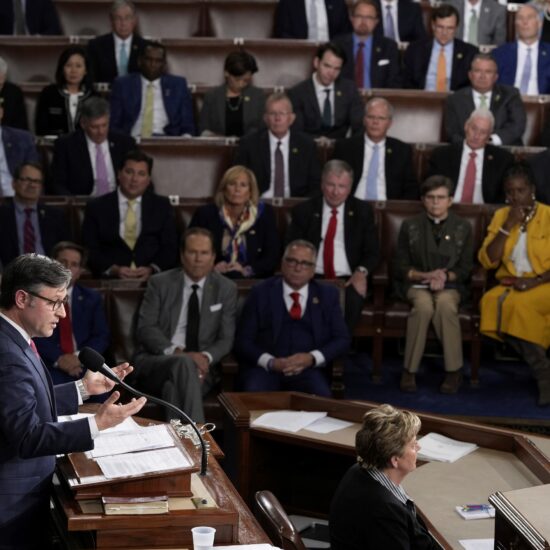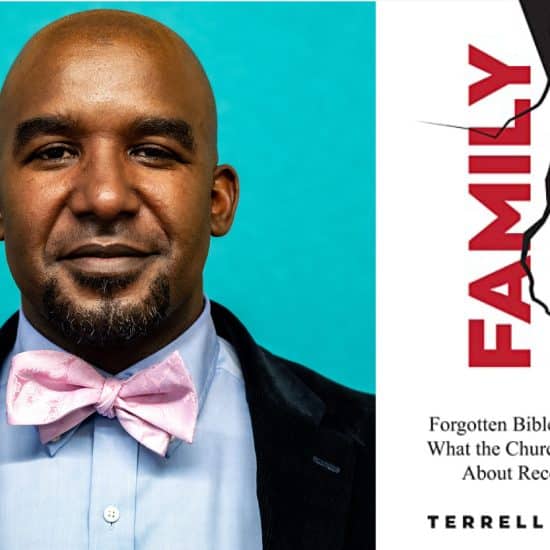BALTIMORE (ABP) — A Maryland county will pay a Baptist church $3.25 million and allow construction of a Christian school that government officials have opposed for eight years under terms of a settlement reached Nov. 18 in federal court.
An attorney representing Riverdale Baptist Church in Upper Marlboro, Md., said the award is one of the largest and the case is perhaps only the third to go to trial under the Religious Land Use and Institutionalized Persons Act of 2000.
The settlement, reached on the 12th day of a lengthy jury trial in U.S. District Court in Baltimore, clears the way for the church to build an expanded Arundel Bay Christian Academy on 57 acres of property it owns in Anne Arundel County. The school, a ministry of Riverdale Baptist Ministry Church and Schools in neighboring Prince George's County, currently enrolls 140 students but has wanted to expand for several years.
After four years of failed negotiations, the church filed a lawsuit in 2006 accusing county officials of religious discrimination. After the church purchased property in Lothian, Md., in 2002, the county at first denied grading and building permits before changing zoning laws to prohibit the school.
In 2006 the county designated 23 roads — including two that border the church's property — "scenic and historic" and severely limited building on such roads.
County officials, who previously turned down a $300,000 offer to settle the lawsuit seeking $6.7 million in lost tuition and increased construction costs, denied religious discrimination and claimed their concerns were traffic safety and preserving ecosystems in the nearby Jug Bay Wetlands Sanctuary.
Under terms of the settlement, however, the county admits that it violated a federal statute that prohibits creation of local zoning laws that impose a "substantial burden" on religious freedoms without a compelling cause.
The Religious Land Use and Institutionalized Persons Act, adopted to correct problems that caused the 1993 Religious Freedom Restoration Act to be found unconstitutional, restricts governments from imposing land-use regulations in a manner that "imposes a substantial burden on the religious exercise of a person, including a religious assembly or institution." The only exception to the rule is when governments can prove that imposition of the burden furthers "a compelling governmental interest" and is accomplished by "the least restrictive means" available.
The lawsuit claimed discrimination because actions taken by local officials that were "spurred by several hostile neighboring residents" applied only to the church academy and not other private schools. It also noted that a public school would be able to build on the church's property without hindrance.
Riverdale Baptist Church, an independent congregation that once boasted 3,000 members, declined to an average attendance of about 900 as its neighborhood transitioned over decades from predominantly white to predominantly black.
In 1996 the church bought 41 acres in rural Davidsonville, also in Anne Arundel County, for a 112,000-square foot mega-church facility but dropped those plans amid protests from wealthy neighbors.
-30-
Bob Allen is senior writer for Associated Baptist Press.






